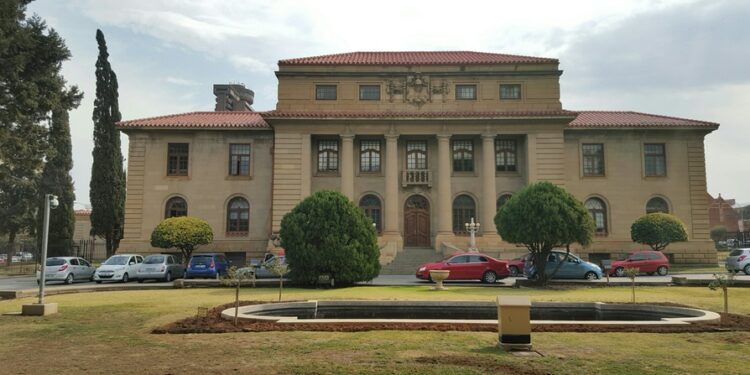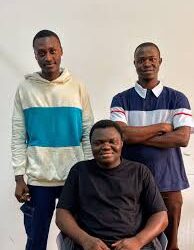The South African Supreme Court of Appeal (SCA) is set to make a ruling later this year on whether prisoners should have access to computers for educational purposes during their incarceration.
This follows two previous cases where judges ruled that the current policy, which prohibits or limits computer use, constitutes unfair discrimination. However, the country’s Ministry of Justice and Correctional Services is appealing against the ruling. Presently, in South Africa, prison policies either limit or totally prohibit computer use by inmates who have registered to study.
The Ministry of Justice and Correctional Services argues that allowing prisoners access to laptops in their cells would create a security threat. The ministry also believes that inmates could smuggle modems into their cells or use illegal cellphones to create hotspots. However, Acting Judge Molefe Matsemela previously ruled that computers could be screened, and the respondents had not provided any evidence of security breaches.
Matsemala emphasized that prisoners should be encouraged to obtain further education, and that the importance of rehabilitation is now at the forefront, in contrast to the previous emphasis on punishment. He argued that society benefits when ex-inmates can function fully after being released.
The court has stated that prisoners retain their constitutional rights as citizens, except for liberty rights that are a necessary consequence of imprisonment. The appellants, including the ministry, contend that previous rulings have failed to consider security issues, as well as the practicality and capacity of correctional officers to monitor computer use, particularly in communal cells.
All documents were submitted prior to the exposure of Thabo Bester’s activities, in which he operated a multi-million-rand fraudulent enterprise using a laptop while incarcerated at Mangaung Correctional Centre under the guise of being dead, which allowed him to escape.
The use of computers and access to the internet is a contentious issue in prisons worldwide. While some believe that prisoners should be given access to technology to improve their education and future prospects, others argue that this could create a security threat. It remains to be seen what the South African Supreme Court of Appeal’s ruling will be and how this could impact future policies on the use of technology in prisons. However, it is clear that the issue of rehabilitation versus punishment remains a significant concern in the country’s correctional system.




